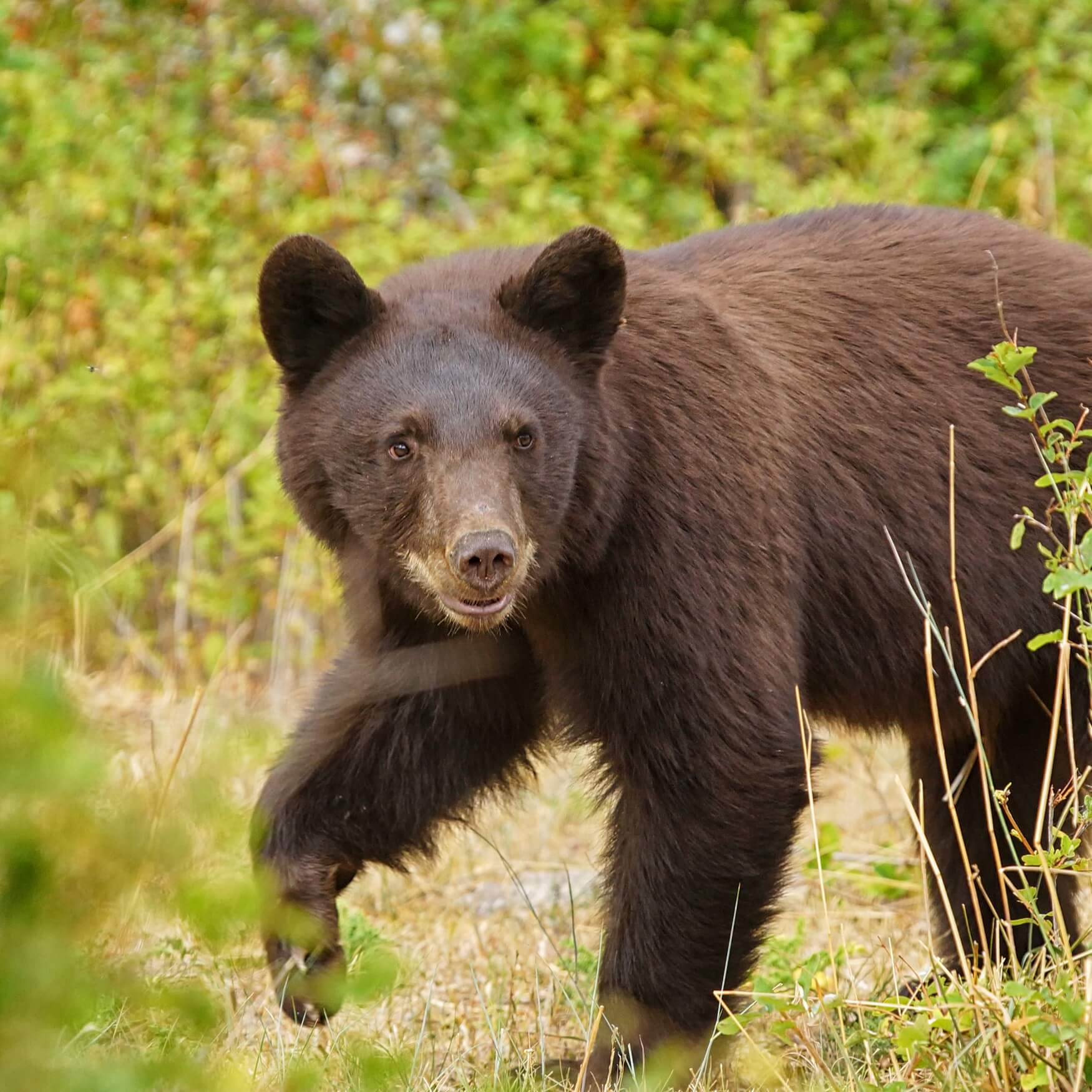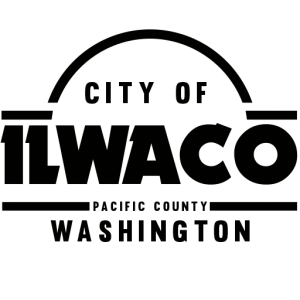Black bears are a beloved symbol of Washington’s wild beauty. From dense forests to coastal communities, these curious animals roam the Evergreen Coast, searching for food and quiet spaces. As our towns grow and outdoor recreation expands, understanding bear safety is more important than ever.
Whether you’re a full-time resident, a camper, or just visiting for the weekend, sharing space with bears means recreating responsibly to keep both people and wildlife safe.
Why Bears Wander Near People
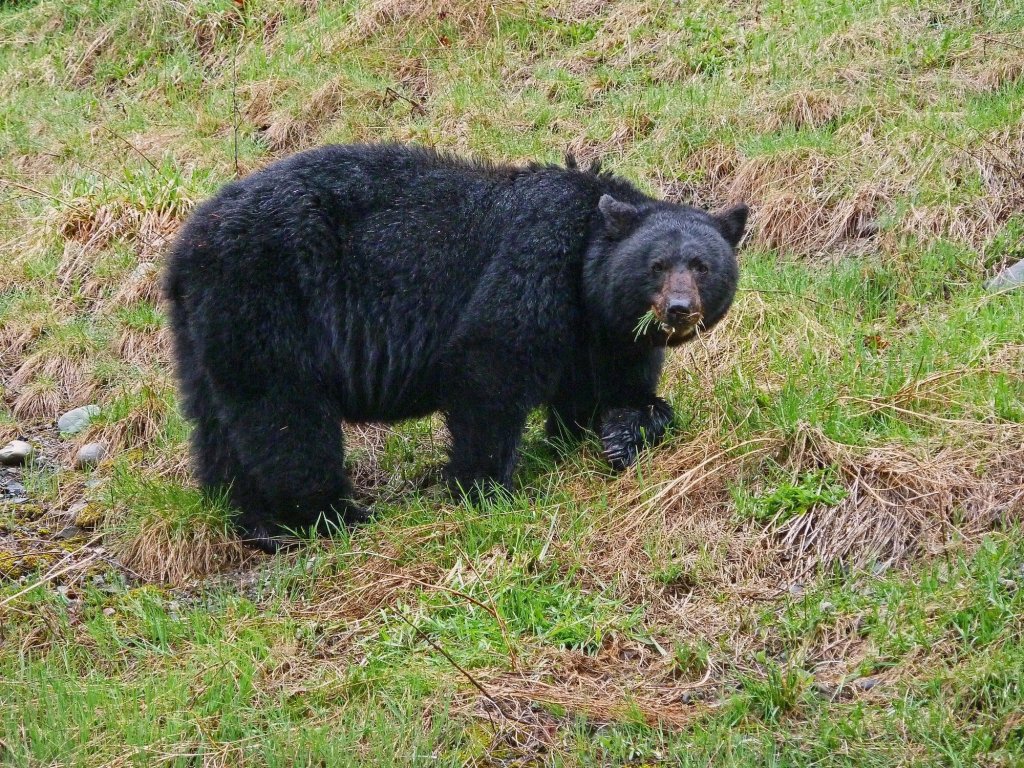
Black bears in Washington are omnivores with an incredible sense of smell—up to seven times stronger than a bloodhound’s. While their natural diet includes berries, insects, roots, and fish, they’re quick to explore human food sources like garbage, bird feeders, and outdoor grills.
This is especially common in spring and fall, when bears are actively feeding to build fat reserves. When they find consistent meals near homes or campsites, they’re likely to return, leading to increased human-bear conflicts.
The best way to prevent this? Keep bears wild by eliminating attractants.
Simple Way to Reduce Bear Encounters
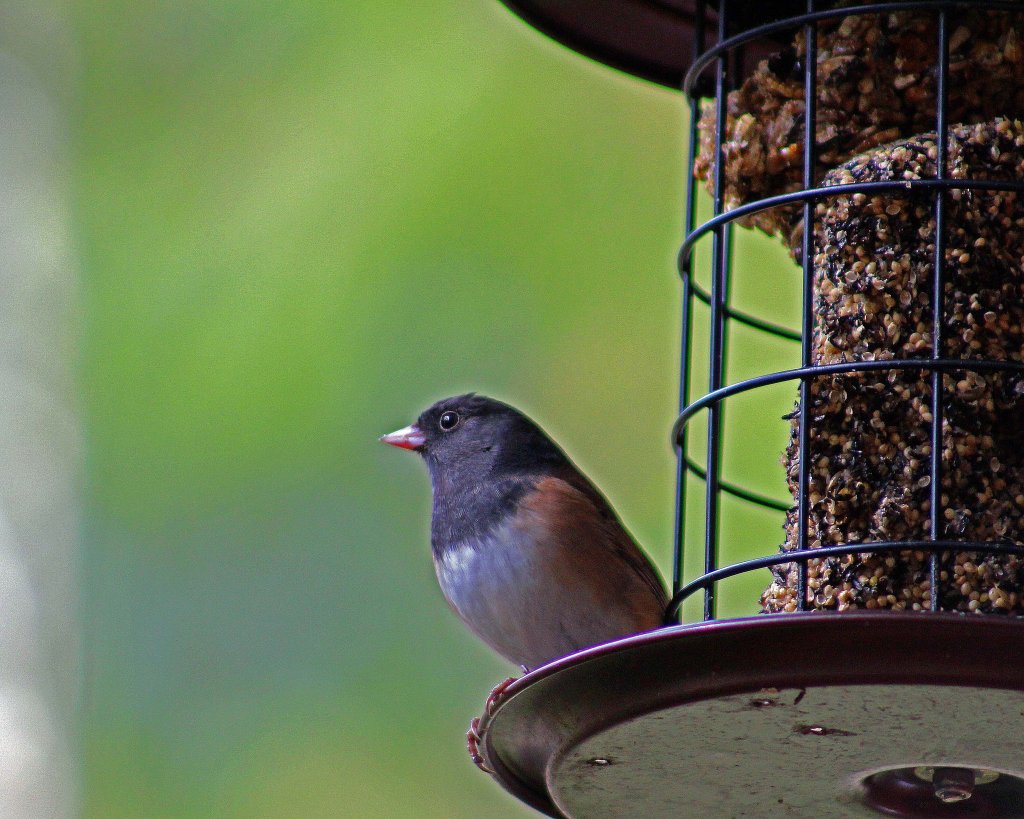
If you live, hike, or vacation in bear-prone areas along the Evergreen Coast, these bear-safe practices can go a long way. Secure your garbage and store trash and recycling bins inside a locked garage or shed. Put bins out only on pickup day. Freeze meat scraps to reduce odors. Removing bird feeders as bears love seeds and sugar water. Instead, grow native plants to attract birds naturally. Make sure to clean any outdoor grills and/ or eating areas, as any residual grease and food scraps can attract bears from miles away. Pet Food is also a bear attractant, so make sure to bring any pet food indoors. Only feed pets outside when supervised and promptly remove uneaten food and dishes. Lastly, if there are any fruit trees nearby make sure to harvest or remove fallen fruit. Bears will take advantage of fruit trees if ripe fruit is left on the ground.
Beekeepers and Backyard Farmers: Take Extra Precautions
If you raise chickens, keep bees, or care for small livestock, consider installing an electric fence. A proper bear-deterring fence should have at least five hot wires, with the bottom wire 8–12 inches from the ground and the top around 3.5 feet high. This added layer of security can protect both your animals and the bears from an unfortunate run-in.
What to Do If You Encounter a Black Bear
Black bears are typically shy and non-aggressive, but it’s still important to know how to respond calmly and safely. If the bear hasn’t noticed you, quietly move away. If it sees you, back away slowly. Don’t run. If it approaches, stand tall, wave your arms, and speak in a calm, low voice. If it continues toward you, raise your voice, yell, clap, or stomp to scare it off. Use bear spray if the bear comes within 20–30 feet. Aim for the face and sweep downward.
In the rare event of an attack, fight back using anything available. Never climb a tree—black bears are excellent climbers and runners, reaching speeds up to 35 mph.
Keep Dogs Leashed to Prevent Dangerous Bear Encounters
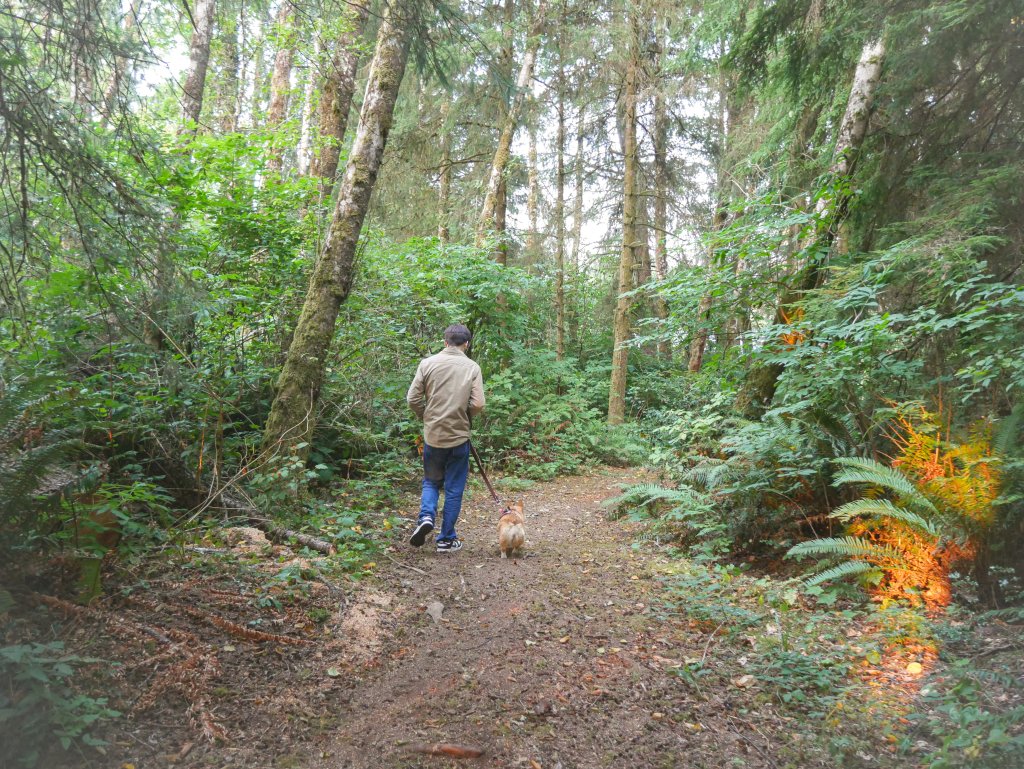
Dogs and bears don’t mix well. A curious or aggressive dog can provoke a bear into defending itself, putting both pet and owner at risk. Always keep your dog on a leash, especially when hiking or camping. If your pet gets into a bear encounter, use bear spray rather than trying to physically separate them.
Being Bear Smart Is a Win-Win for People and Wildlife
Whether you’re living on the coast or enjoying a weekend in the wild, staying bear aware helps protect everyone. Responsible behavior ensures that black bears remain wild and wary of people, reducing the chance of future conflicts.
By securing food, respecting bear territory, and educating others, we’re helping to preserve both the natural beauty of the Evergreen Coast and the safety of its communities.
Responsible Recreation Is a Win-Win
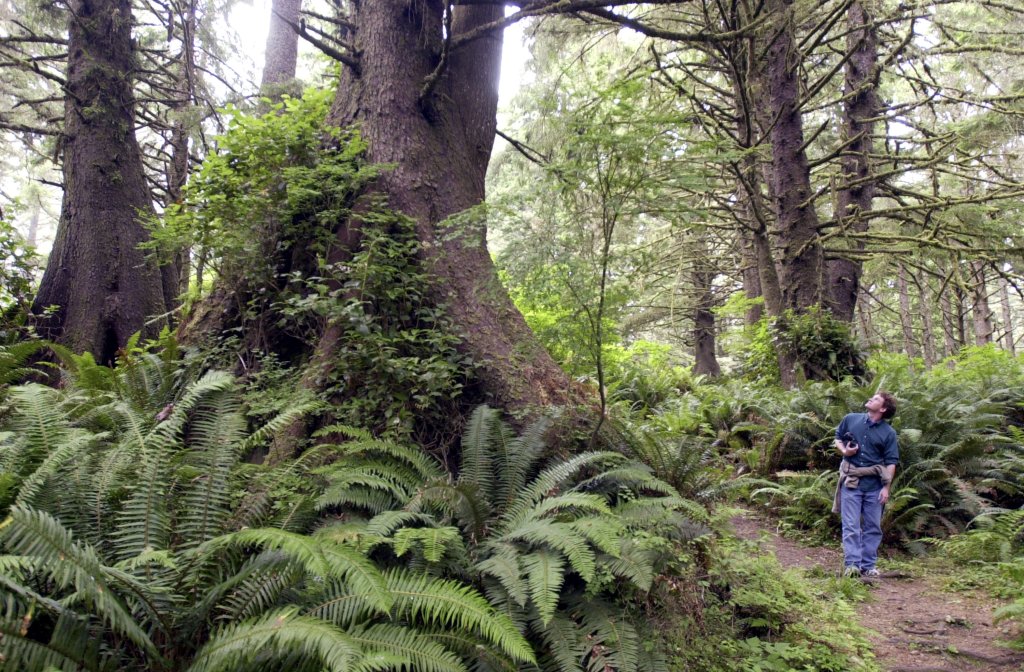
Whether you’re a full-time resident or just visiting, protecting black bears starts with awareness. By taking simple steps to reduce food attractants, you’re helping ensure that bears stay wild—and that people stay safe.
For more tips on being bear smart, check out the brochure by the Washington Department of Fish & Wildlife, or visit wdfw.wa.gov/blackbears or bearwise.org.
Together, we can protect Washington’s wildlife and keep the Evergreen Coast a safe and wild place to explore. From hiking in coastal forests to camping near secluded lakes, the Evergreen Coast offers unforgettable outdoor experiences. But it’s also bear country—so let’s do our part to keep these wild spaces safe for everyone.
Bear safety in Washington starts with you. Stay alert, stay smart, and enjoy all that the Evergreen Coast has to offer.

